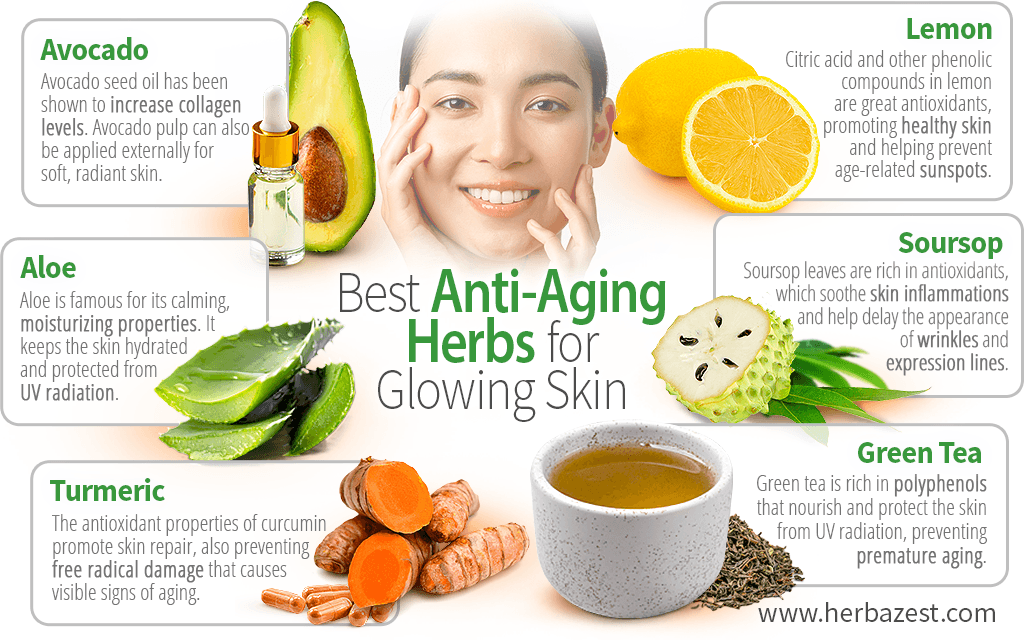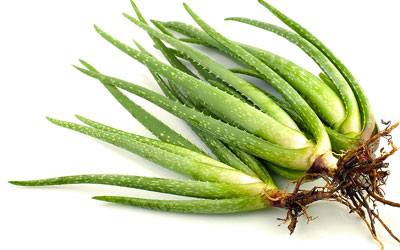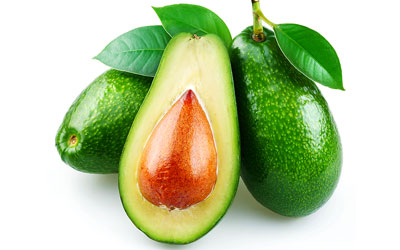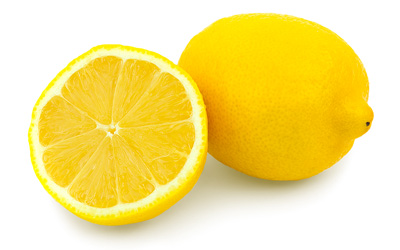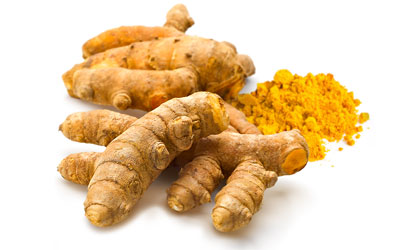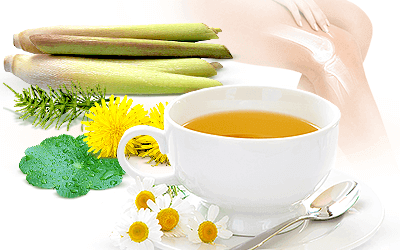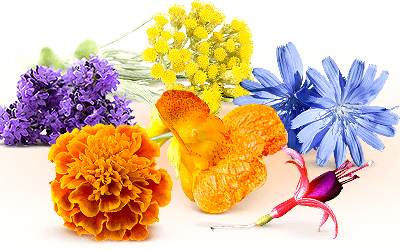Skin is the most visible and extensive human organ; as such, its health and appearance are influenced by external variables, like levels of humidity, UV light, pollution, and weather conditions, as well as internal factors, like oxidative stress and cellular decay, caused either by diseases or the natural course of life.
As an inevitable part of life, aging has been a human concern since the dawn of civilization. Ancient cultures have explored different ways of preventing or disguising the visible signs of time on the skin, with more or less degree of success. Modern science has discovered the role of free radicals and how they affect the human body. Along the way, numerous investigations have rescued the immense value of herbs for treating dermatological conditions and delay skin aging. These are some of the best anti-aging herbs for glowing skin at any stage of life.
1. Avocado
The benefits of avocado can't be overstated. Avocados are a worldwide favorite in the kitchen, but also a great ally for the skin, whether eaten or applied topically. In fact, the oil of avocado seeds has been proven to stimulate the production of collagen.1 There are many ways to add avocado to your daily meals, from a delicious Garlic Guacamole to a Carob Avocado Pudding. For beauty care, try an Avocado and Buttermilk Cream for Facial Treatment and wait for a rejuvenated, glowing skin that withstands the test of time.
2. Aloe
One of the most valuable anti-aging herbs in the personal care industry, aloe is a common ingredient in a myriad of beauty products, from lip balms to lotions and face masks. At the center of this succulent plant leaves, there is a fleshy, cristaline pulp with anti-inflammatory and moisturizing properties that can be applied directly to the skin, soothing rashes, sunburns, and dryness.2 Aloe plants are very easy to cultivate and make into easy and useful skincare preparations, such as a Refreshing Grapefruit Aloe Vera Face Cream or a Calendula and Aloe Balm for Sunburns.
3. Turmeric
The active ingredient of turmeric is curcumin, which has been used for millennia to cure a variety of health conditions for millennia as well as for skincare. It has been discovered that curcumin plays a role in collagen synthesis, promoting tissue regeneration and delaying the visible signs of aging. Turmeric can be consumed orally, as a supplement, or directly applied to skin, like in this Turmeric Face Mask for Glowing Skin.
4. Green tea
This is arguably one of the most widely known anti-aging herbs across the globe. Impressive levels of polyphenols is what gives green tea its great skincare benefits.4 Commonly used in perfumes, creams, and cosmetics, green tea has a rightful place among the most effective herbs for skin repair. The amazing rejuvenating properties of green tea can be put to the test with this easy-to-make Green Tea Apple Cider Vinegar Facial Toner that can be used every day to maintain a clean and luminous skin.
5. Soursop
Also known as graviola, soursop leaves, pulp, and peel have shown anti-inflammatory and antioxidant properties that can accelerate wound healing and repair damaged skin.5 Soursop leaves are sown for their many health benefits and mostly consumed as an infusion; however, when used directly on the skin as a poultice or an Easy Soursop Leaf Face Mask, they have moisturizing and regenerating effects.
6. Lemon
Due to their high content of citric acid and essential oils, the juice and peel of lemon are great allies of the skin.6 Lemon helps reduce excessive pigmentation, giving the skin a more uniform tone, whereas its alkaline properties balance skin pH, producing a rejuvenating, glowing effect. Many homemade preparations, like a Calendula Rose Lemon Facial Steam or a Skin-Softening Milk and Honey Lotion with Oats, can be used to reap the antioxidant benefits of lemon, which are key for maintaining a soft and healthy skin.
While the aging process is part of the human condition, these herbs for glowing skin can greatly improve early signs of wrinkles, expression lines, and sunspots. But more importantly, their high levels of antioxidants can also act from the inside out, maintaining overall health and a sense of well-being at any stage of life.
Sources
- Frontiers in Pharmacology, Exploring the Leaves of Annona muricata L. as a Source of Potential Anti-inflammatory and Anticancer Agents, 2018
- Molecules, Beneficial Effects of Green Tea EGCG on Skin Wound Healing: A Comprehensive Review, 2021
- Phytotherapy Research, Effects of Turmeric (Curcuma longa) on Skin Health: A Systematic Review of the Clinical Evidence, 2016
- Evidence-based Complementary and Alternative Medicine, Skin Ageing: Natural Weapons and Strategies, 2013
Footnotes
- Conective Tissue Research. (1991). The effect of various avocado oils on skin collagen metabolism. Retrieved November 28, 2022 from: https://pubmed.ncbi.nlm.nih.gov/1676360/
- International Journal of Immunopharmacology. (1991). Prevention of ultraviolet radiation-induced suppression of contact hypersensitivity by Aloe vera gel components. Retrieved December 02, 2022, from: https://pubmed.ncbi.nlm.nih.gov/10408627/
- International Journal of Nanomedicine. (2016). EGF and curcumin co-encapsulated nanoparticle/hydrogel system as potent skin regeneration agent. Retrieved December 02, 2022, from: https://www.ncbi.nlm.nih.gov/pmc/articles/PMC4993277/
- Oxidative Medicine and Cellular Longevity. (2012). Protective Mechanisms of Green Tea Polyphenols in Skin. Retrieved December 02, 2022, from: https://www.ncbi.nlm.nih.gov/pmc/articles/PMC3390139/
- International Journal of Surgery. (2015). Annona muricata leaves accelerate wound healing in rats via involvement of Hsp70 and antioxidant defense. Retrieved December 02, 2022, from: https://pubmed.ncbi.nlm.nih.gov/25899210/
- Drugs Under Experimental and Clinical Research. (1999). Oxidative stress and antioxidants at skin biosurface: a novel antioxidant from lemon oil capable of inhibiting oxidative damage to the skin. Retrieved December 02, 2022, from: https://pubmed.ncbi.nlm.nih.gov/10713866/


